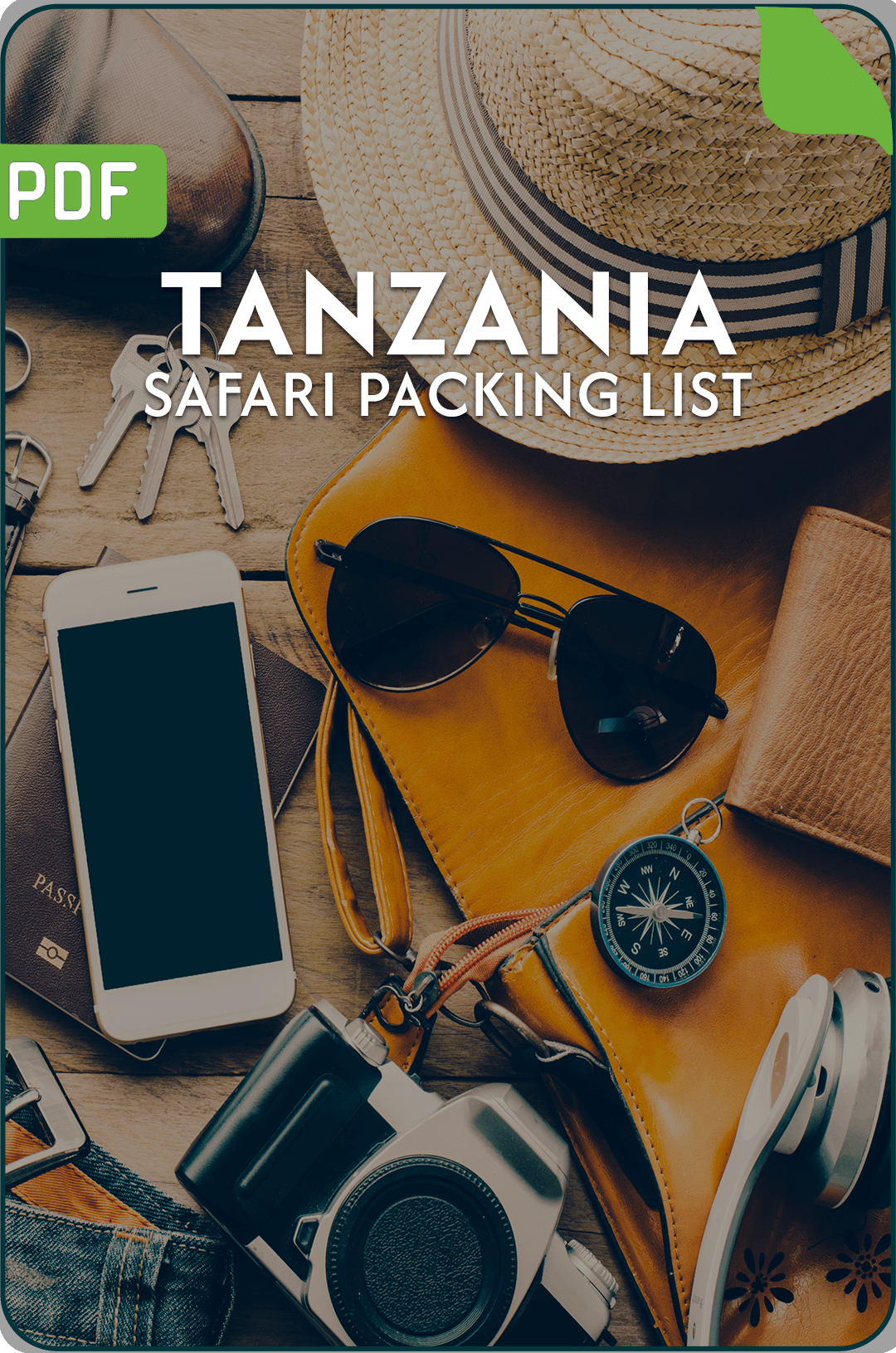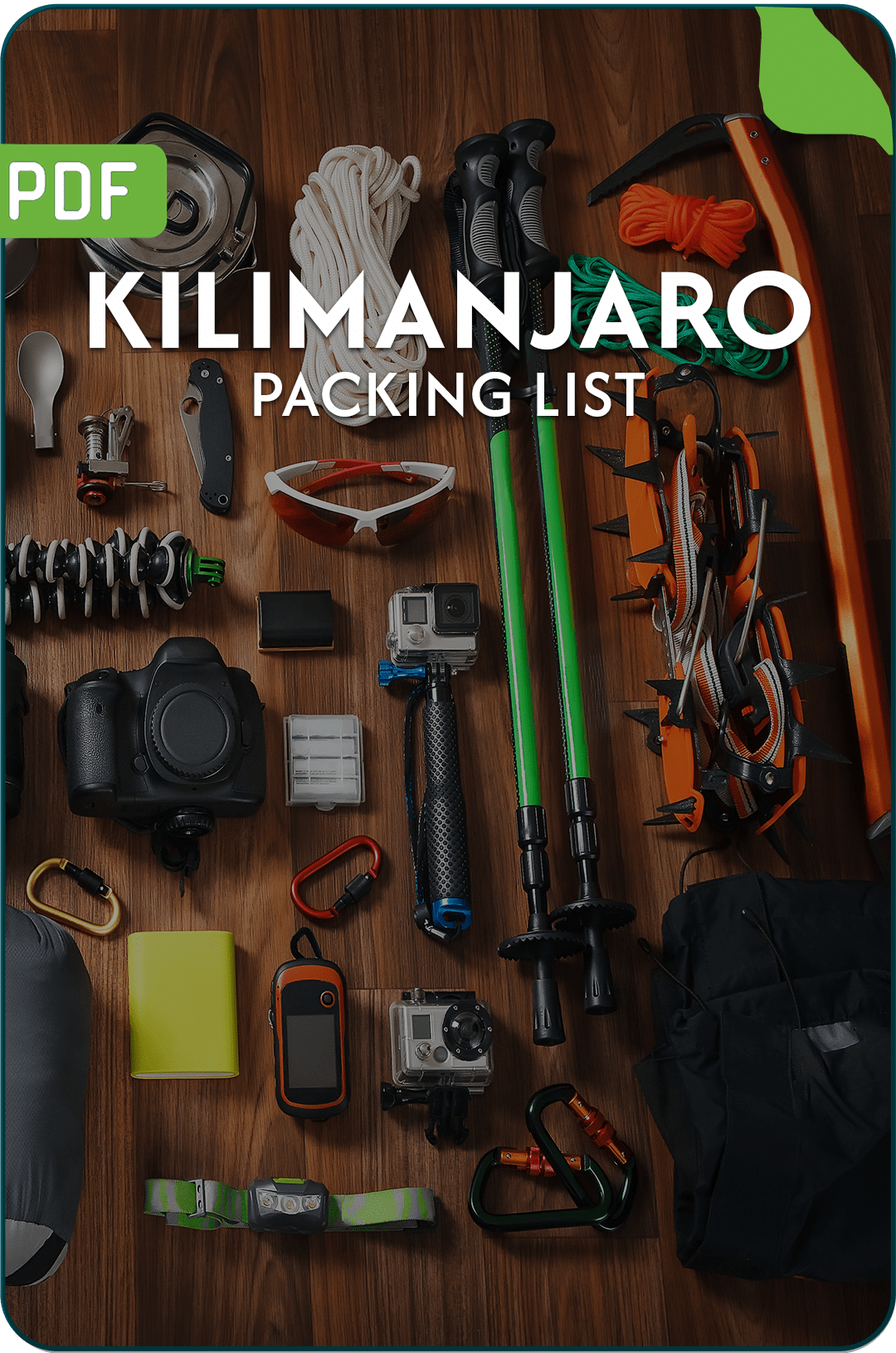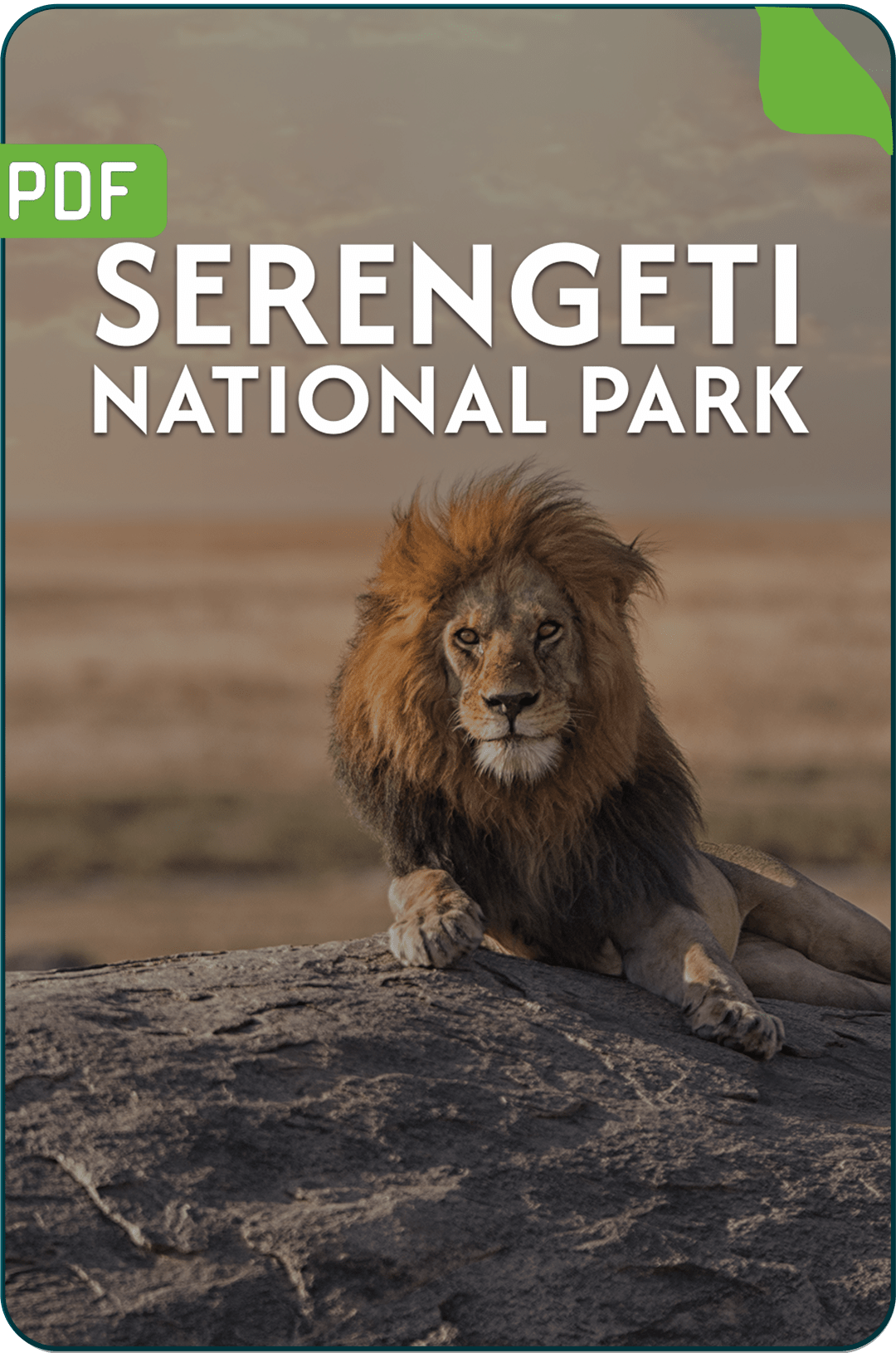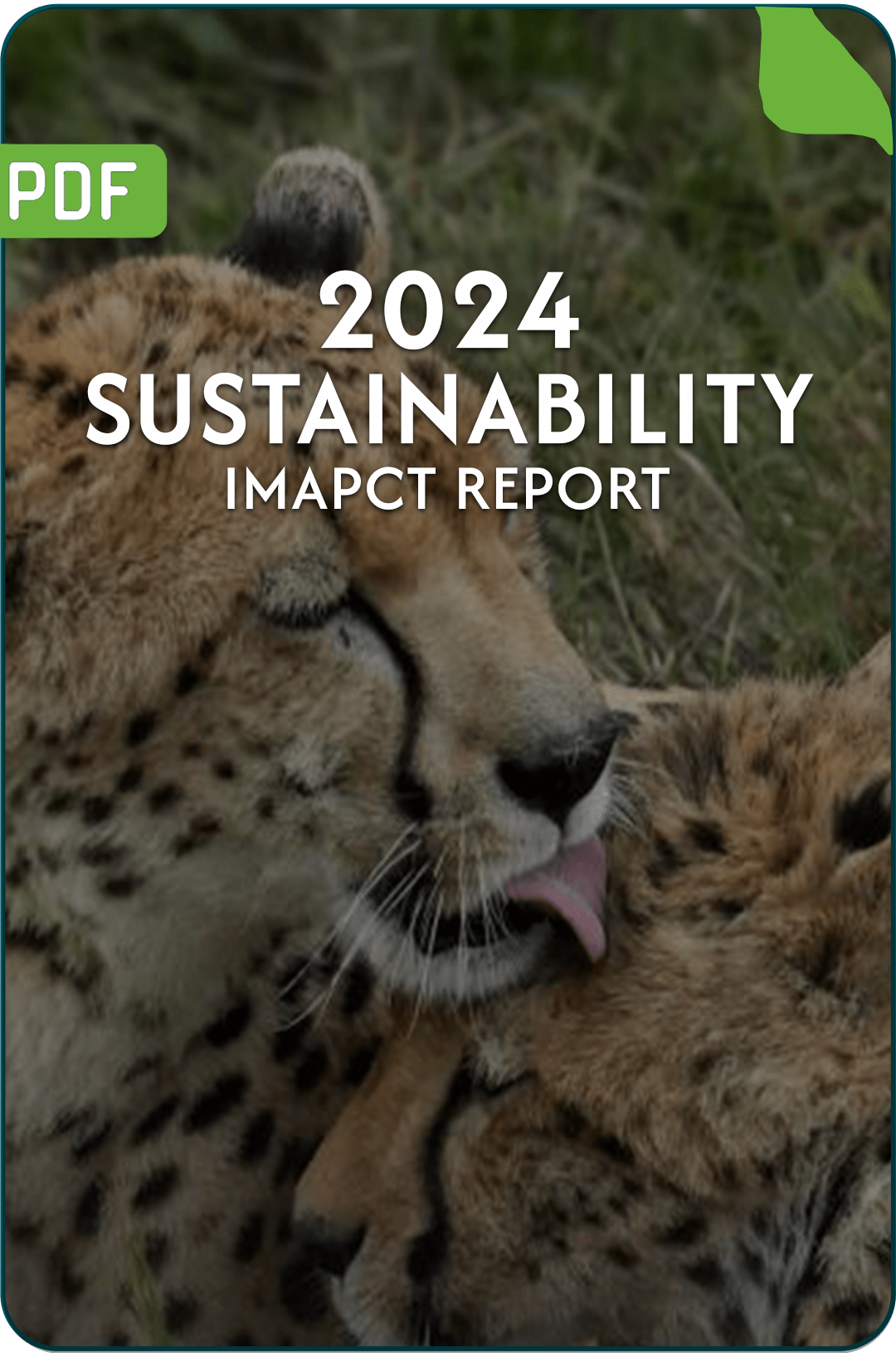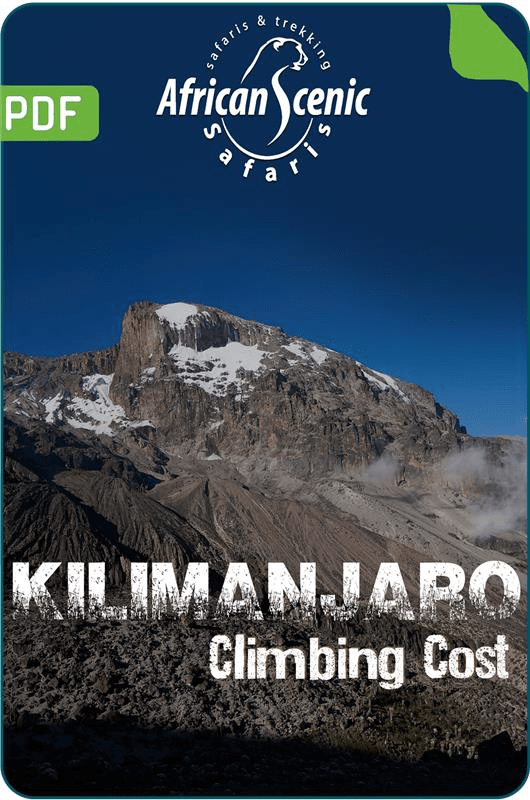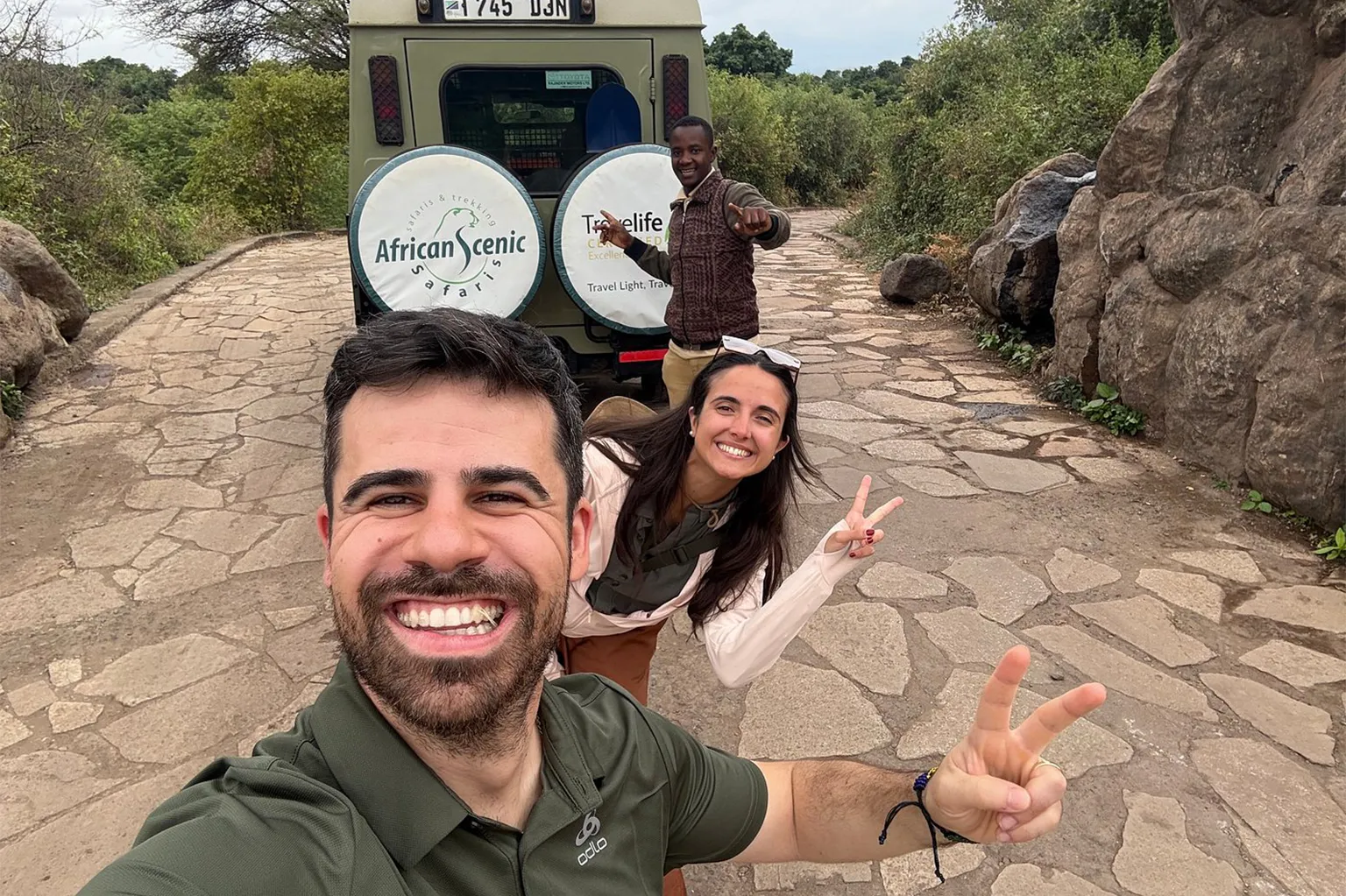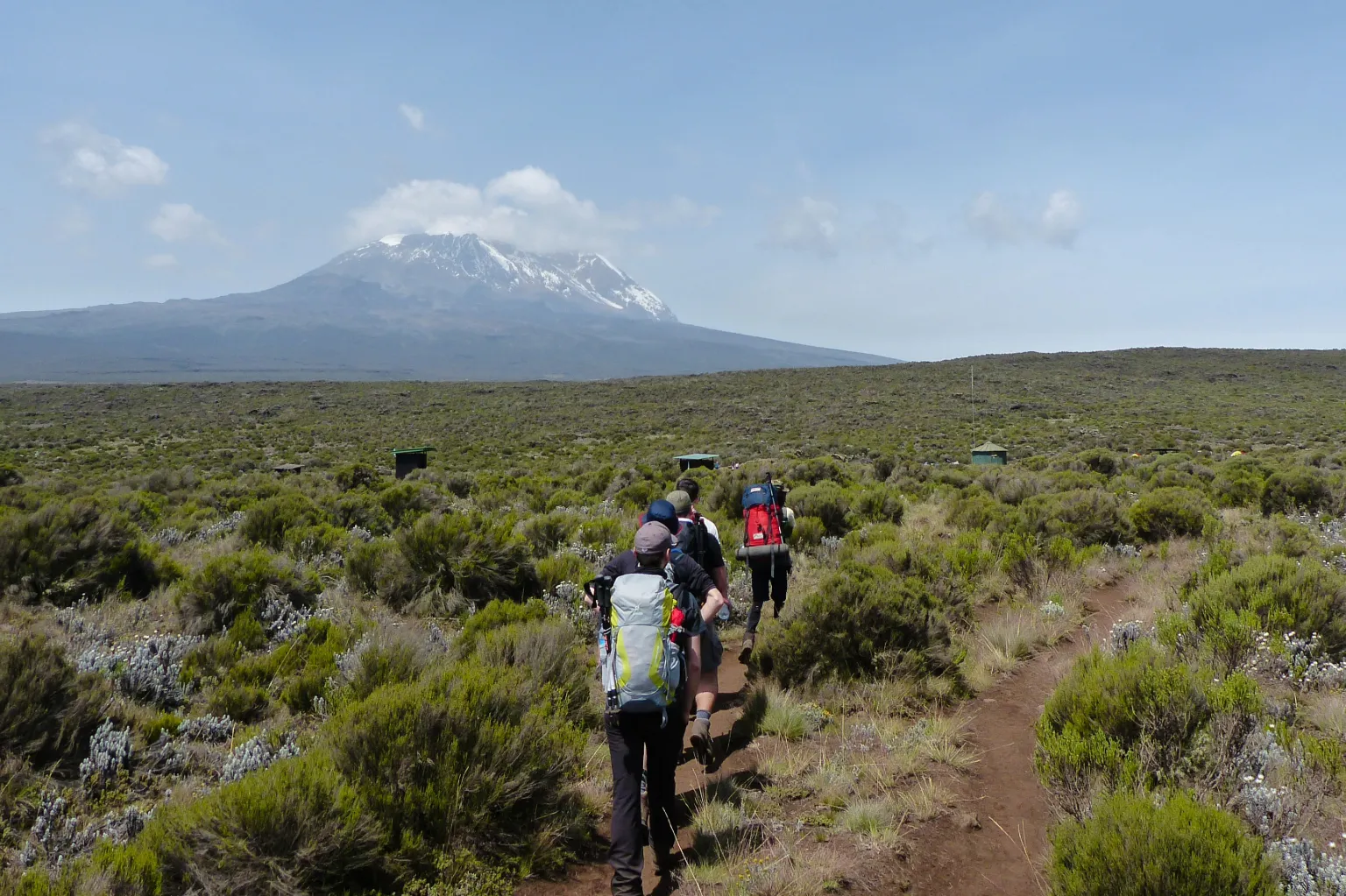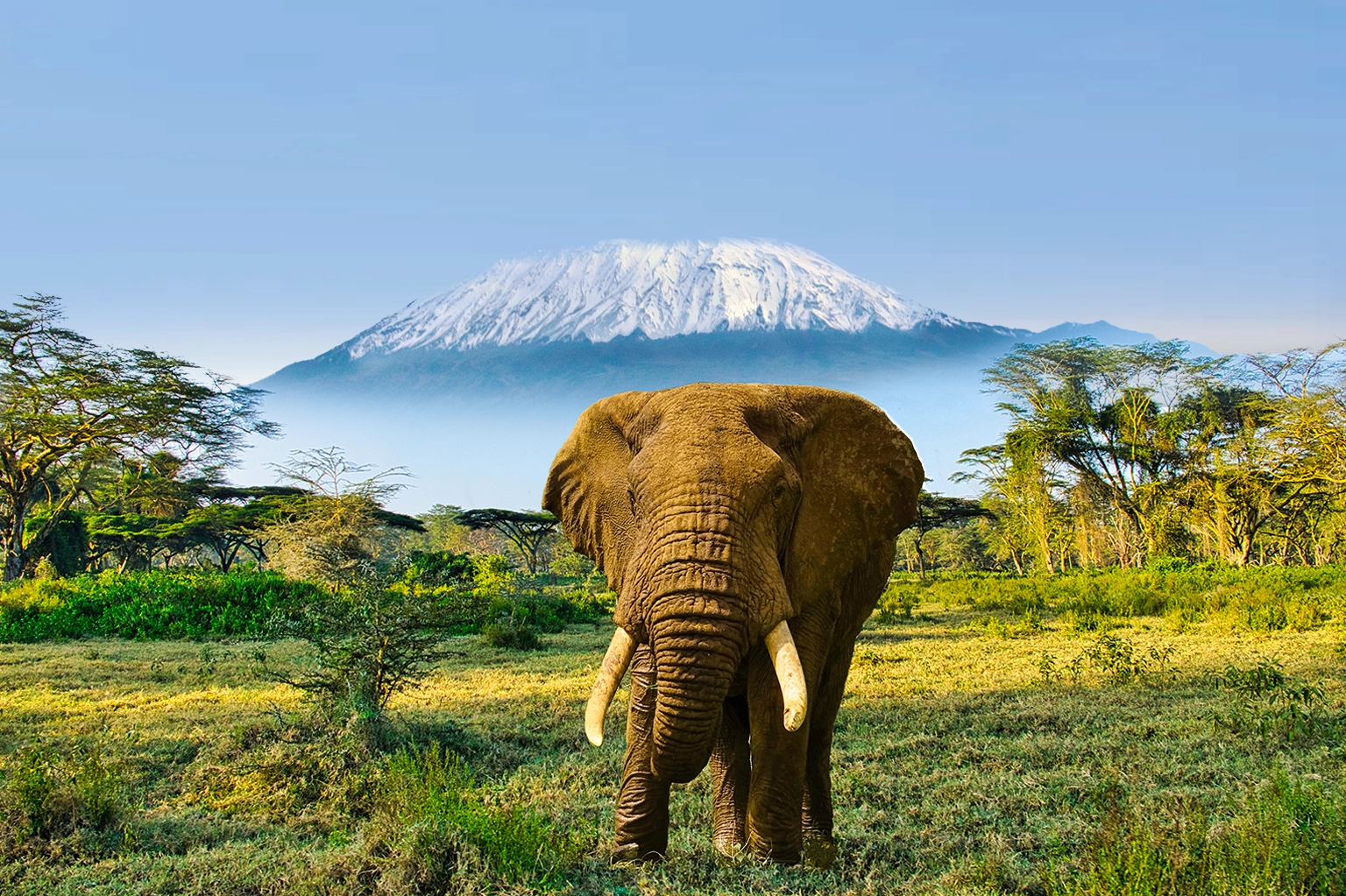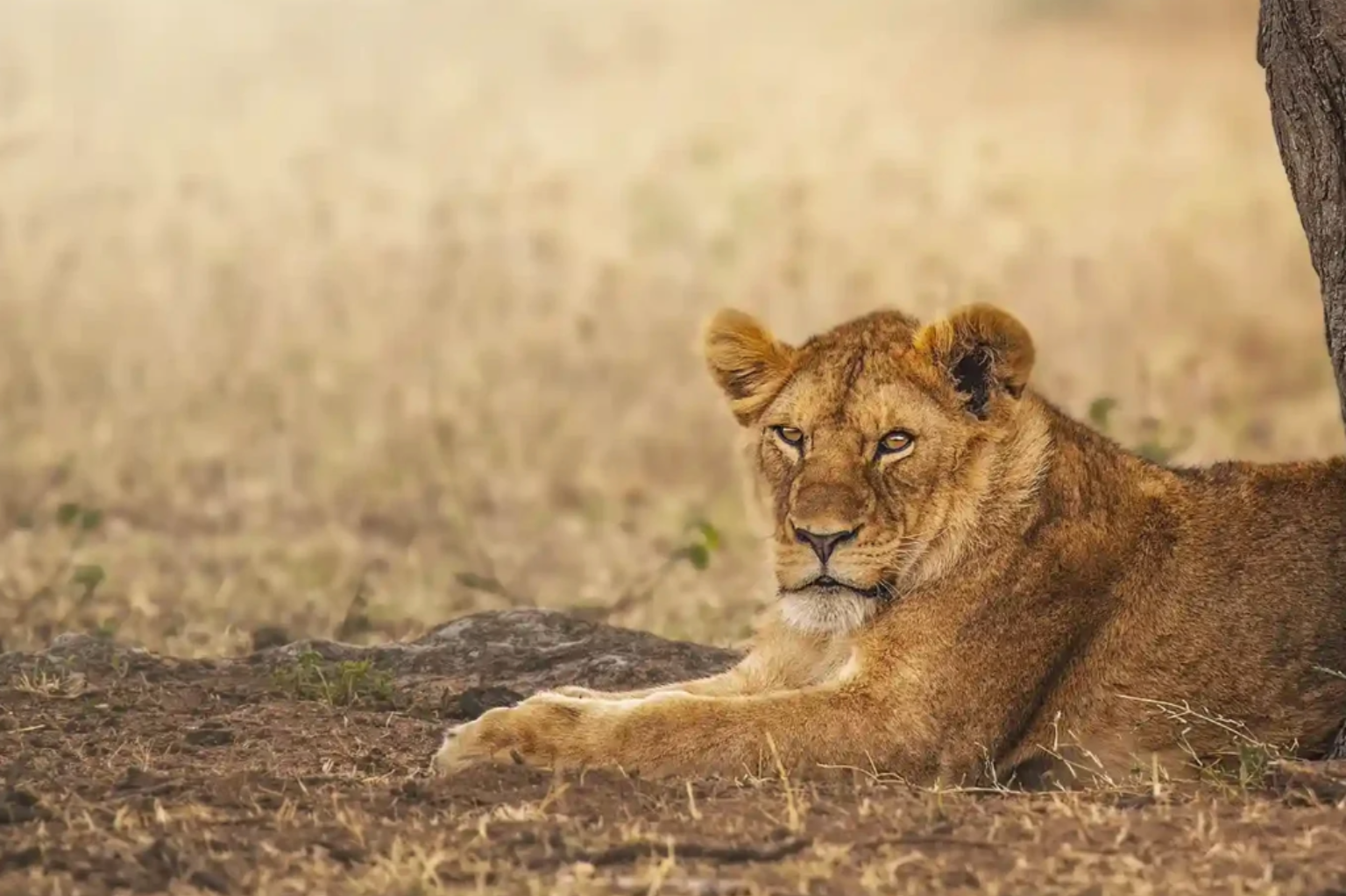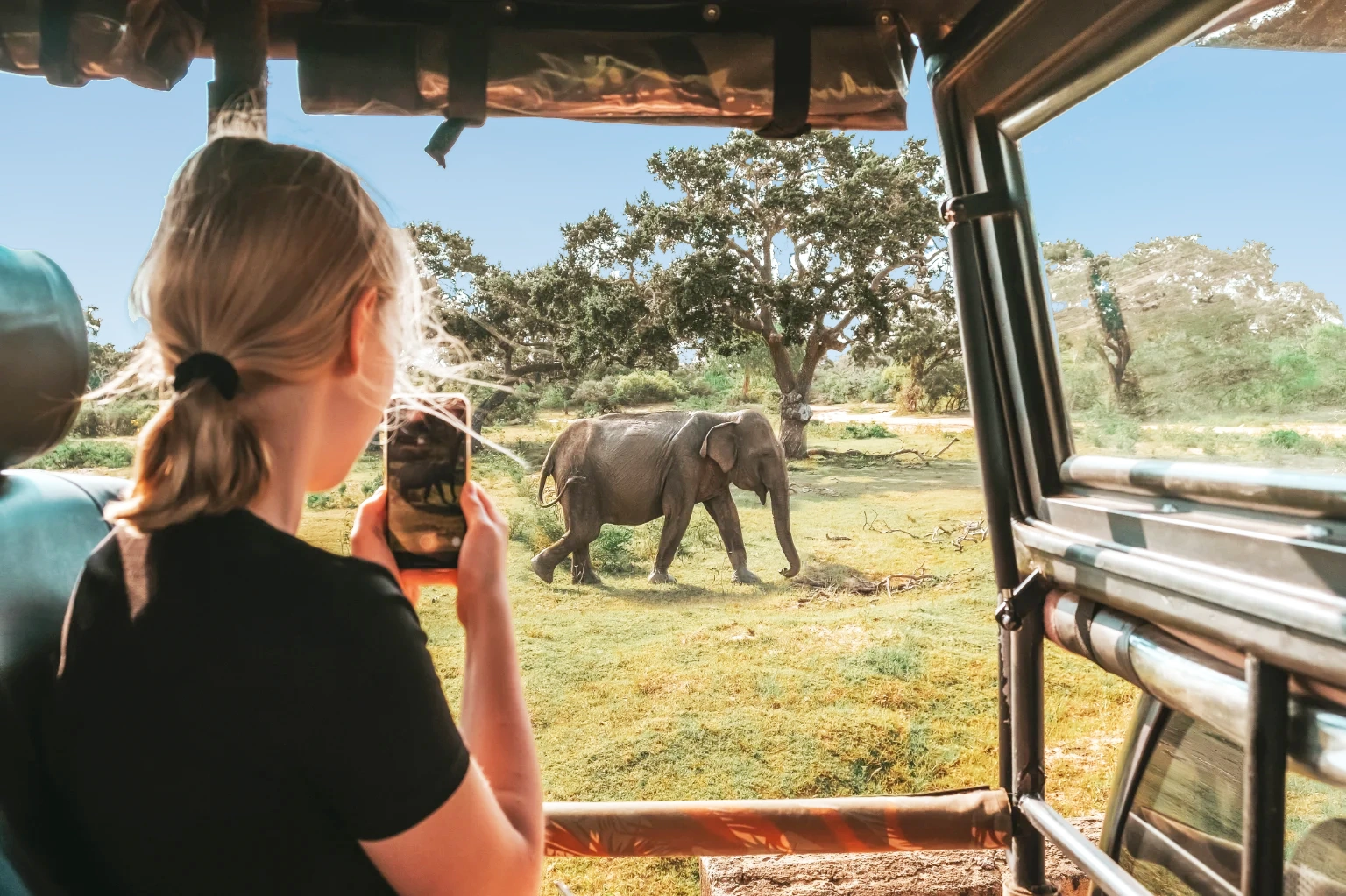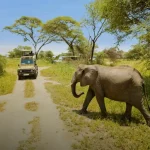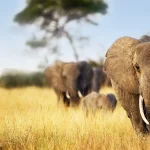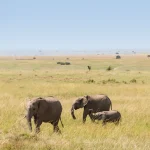Best Time for Tanzania Safaris and Hiking – Seasonal Travel Insights
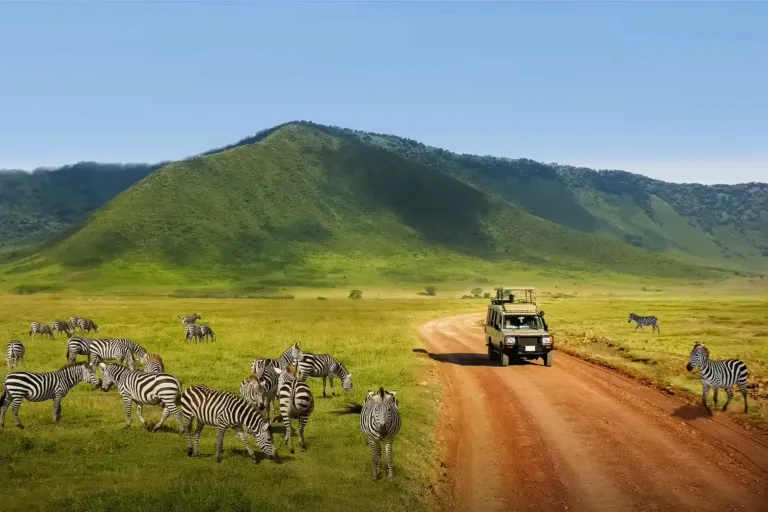
Imagine you are atop a mountain ridge, with golden light spilling across the valley, creating the perfect moment. That was only if you hiked at the ideal time of day.
Knowing the Best Time For Tanzania Safaris is the difference between a good safari and an unforgettable safari. In this guide, you will discover when is the Best Time To Travel to Tanzania.
Moreover, African Scenic Safaris helps wildlife lovers and hikers know where to explore and how timing makes all the difference. You’ll discover expert tips, learn from real stories, and find out exactly how to plan your Tanzania Safari or trek for perfect memories.
TRAVELER’S TESTIMONIAL
“Our group watched elephants at Tarangire just as the sun broke the horizon. Timing is everything!” — Hannah W.
Weather services and national parks report that Tanzania’s dry season offers the best visibility for wildlife. Meanwhile, the green season gifts the most vibrant landscapes. Choosing your safari is about more than dates; it’s about experiencing nature’s peak moments.
Region-by-Region Timing Tips for Outdoor Adventures
In fact, Tanzania’s wild beauty changes from region to region. The Best Time To Visit Tanzania depends on where you’re headed. Whether it’s the northern plains, southern rivers, or western mountain jungles.
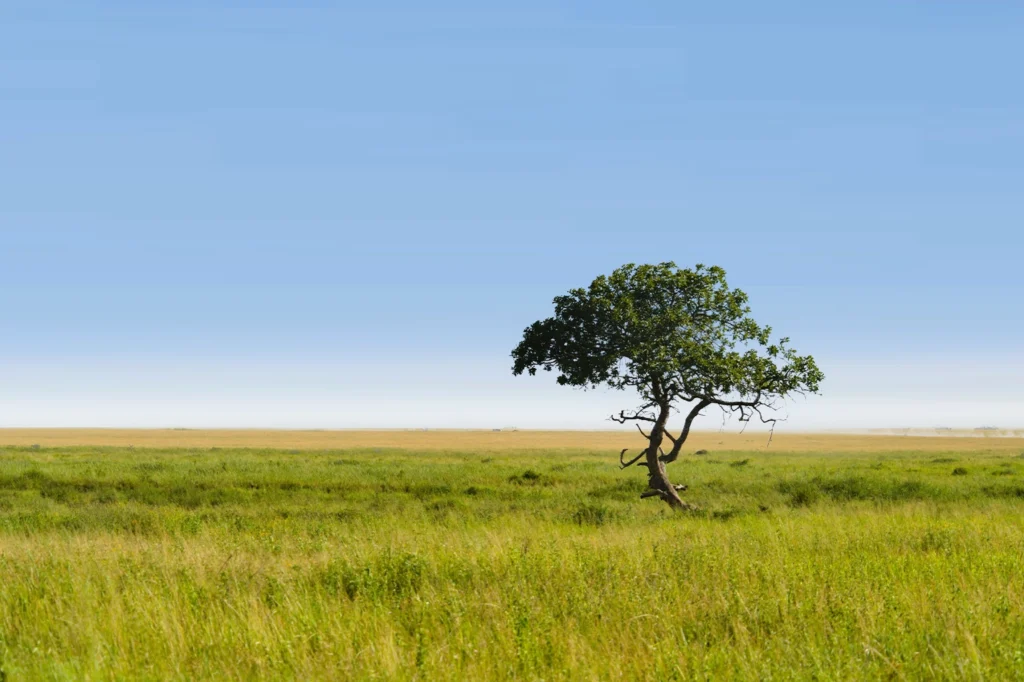
- Northern Circuit (Serengeti, Ngorongoro, Tarangire, and Lake Manyara):
- June–October: These are the best months for dry safaris and seeing large wildlife gatherings.
- December–March: Good for lush landscapes and calving season.
- Southern Circuit (Selous, Ruaha):
- June–October: Fewer visitors and spectacular big cat sightings.
- March–May: Wet, green, and peaceful.
- Western Circuit (Mahale, Katavi):
- July–October: Best for chimp trekking and the fewest crowds.
- November–April: Rain brings out birds and butterflies.
In July, guide Emanuel led a hike in Selous. “We crossed dry riverbeds, saw lions resting in the open. Come in April, and you’ll hear frogs and see hippos with young calves instead.”
How to Plan Your Day for Maximum Outdoor Enjoyment
Organizing your outdoor day isn’t just about waking up early. One of the local rangers suggests, “Start your hike at dawn, take breaks in the shade, and finish by sunset when the animals move and the air cools.”
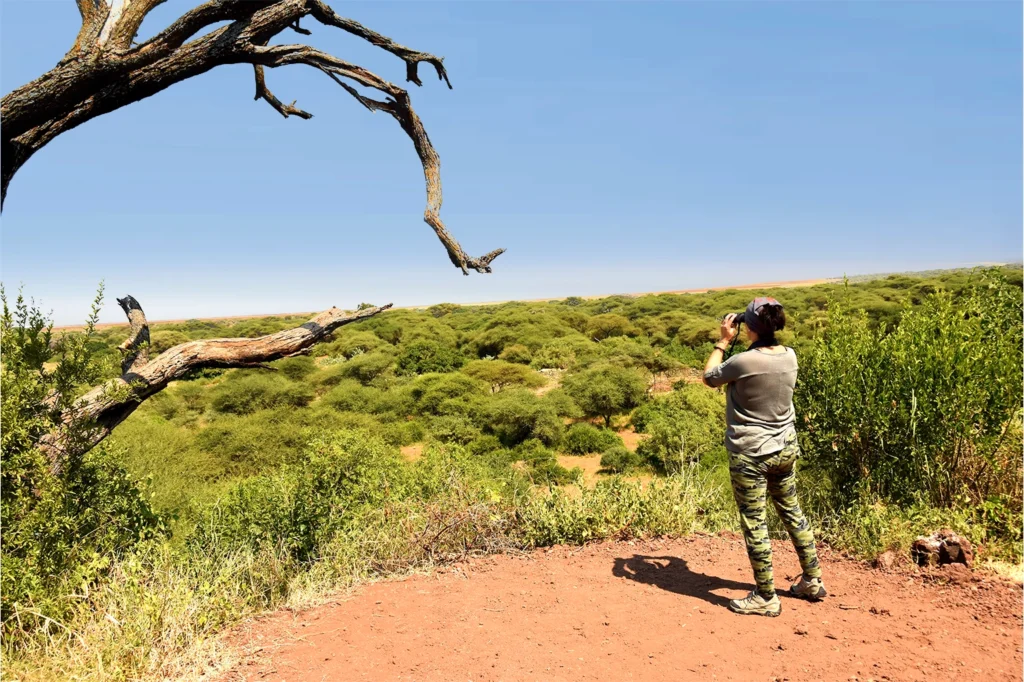
TRAVELER CASE STUDY:
Gabriella M. went on a Serengeti trek and took these steps:
- Packed water, snacks, and a hat for mid-day heat.
- Walked at sunrise and just before dusk for animals and colors.
- Used a guide’s advice to rest in shaded camps during peak sun.
Timing Mistakes to Avoid:
- Setting out too late, facing mid-day heat or afternoon storms.
- Ignoring ranger advice about animal activity or trail closures.
- Not bringing enough water or sun protection.
Pro-Tip Checklist:
- Early start (by 6.30 am – 7 am)
- Breaks every 2 hours
- Return before dark for safety
Seasonal Guide Of When to Hike, Camp, and Explore
Each Tanzanian season paints its own picture; both safari trails and hiking opportunities change with the season. By learning about seasons, you’ll always know the Best Time To Go To Tanzania for your dream trip.
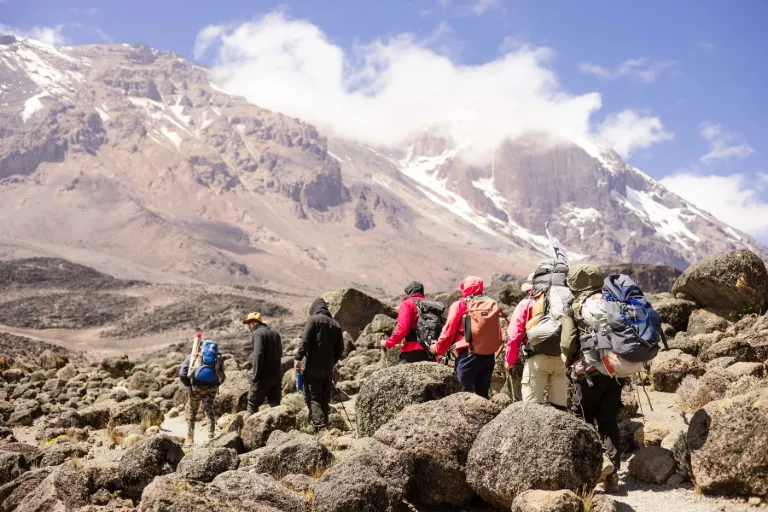
- June to October (Dry Season):
- Dry tracks, wildlife at waterholes, easy walking, and game viewing.
- Best for long drives, photography, and group safaris.
- November to May (Green/Wet Season):
- Lush landscapes, baby animals, fewer tourists.
- Some lodges close in April–May; be prepared for rain and greener, muddier hikes.
- Special Safari Events:
- July-Sept: Great Wildebeest Migration River crossings.
- Dec-Mar: Calving in southern Serengeti, amazing for predators and birders.
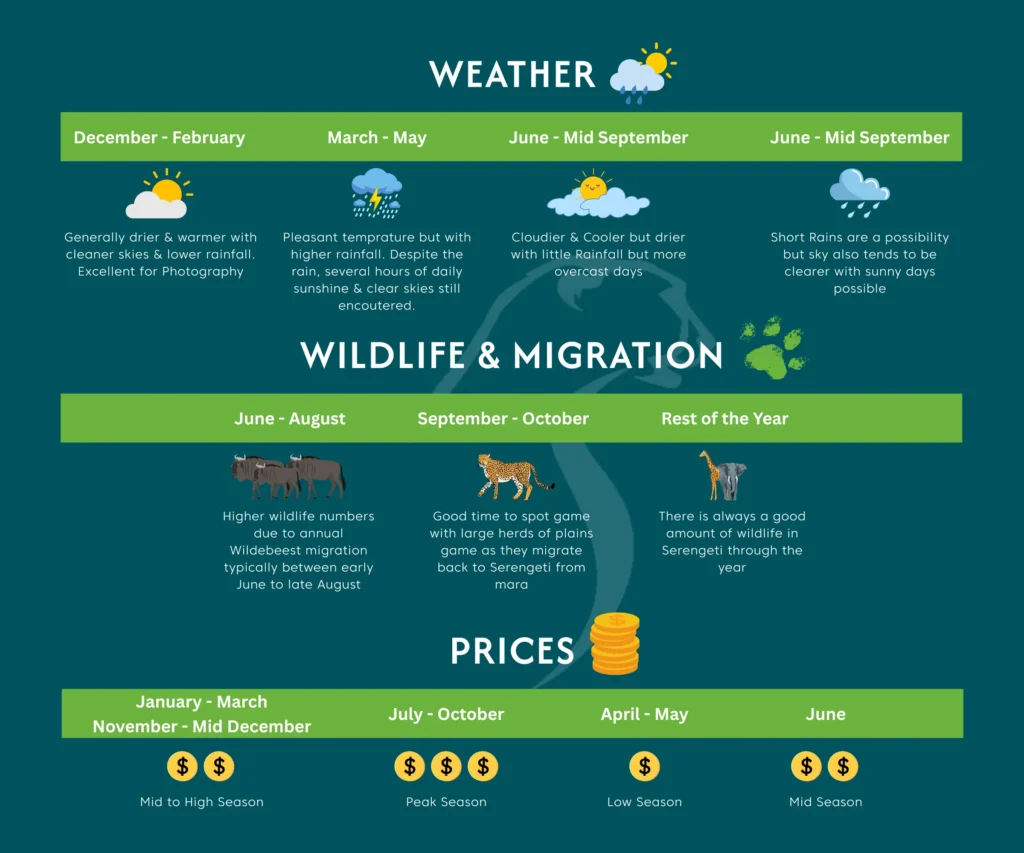
Mini-Region Snapshots:
- Tarangire and Manyara for elephants (July–October)
- Mahale for chimps (dry months)
PERSONAL SIDEBAR:
“I once started a trek in April. Roads were muddy, but the birdlife was out of this world! Lesson: pack waterproof gear, smile when it rains.”
Best Times of Day for Outdoor Activities
Maximize any Tanzania Safari Tours or hike by paying close attention to the hours. Scientific data and guides agree: morning and “golden hour” (just before sunset) are always prime.
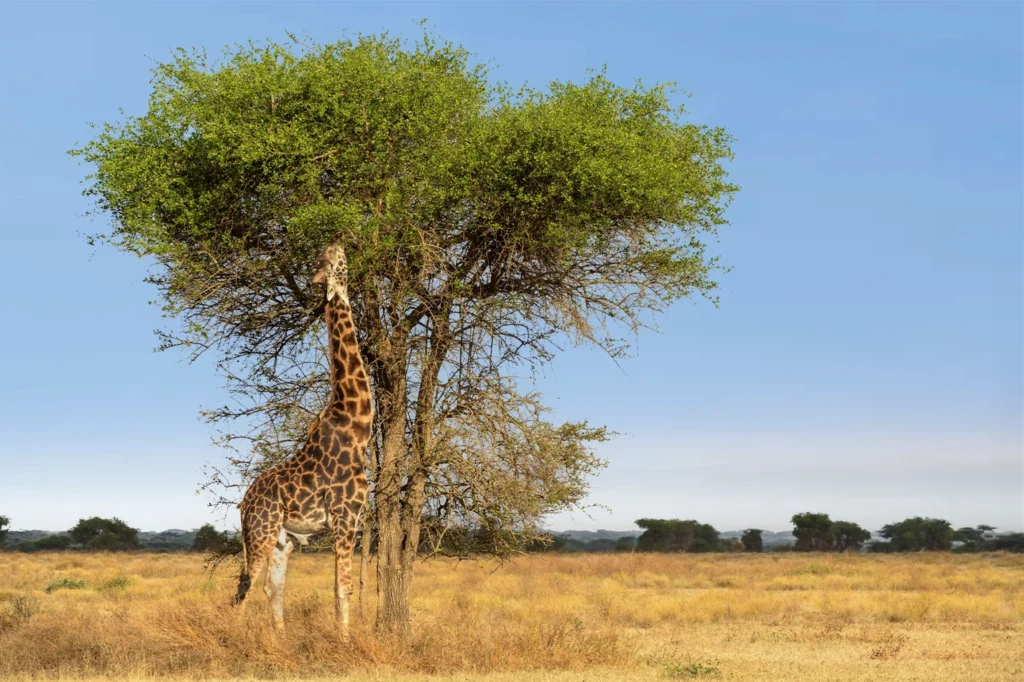
This is because:
- Early mornings and the golden hour are cooler and more comfortable
- There are more active animals in the morning and late afternoon
- There is softer light, better for a photo, and less sunburn risk
“Birds and grazing animals move at dawn. By noon, you’ll find most animals resting. Beat the crowds, and you may have sightings all to yourself.” — Local guide.
Guiding Tips:
- Sunrise: Best for seeing big cats, elephants, and busy plains
- Midday: Best for resting, picnicking, or short waterfall hikes (avoid heat)
- Sundown: Best for viewing golden light, elephants at rivers, and birds returning
Timing Is Your Secret to Adventure
Ready to step outside and experience the perfect moment? The great outdoors is waiting. All you need is the Best Time To Travel Tanzania to make it yours. African Scenic Safaris will help you plan for the Best Time For Tanzania Safaris.
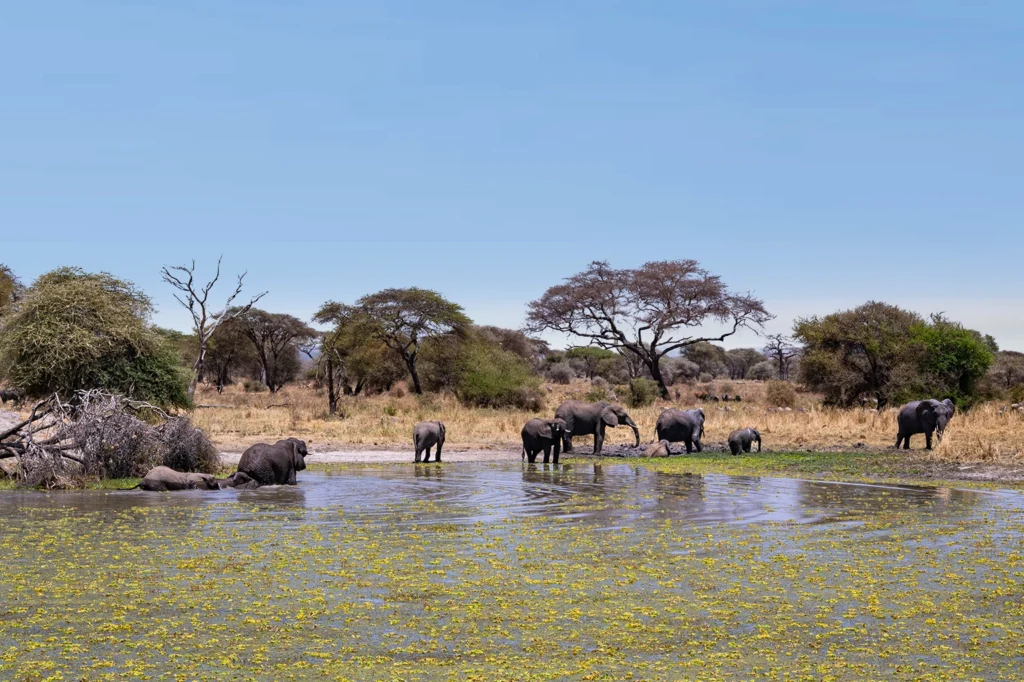
Whether you pick the classic dry season or crave the lush quiet of the green months, we are always ready to guide you.


